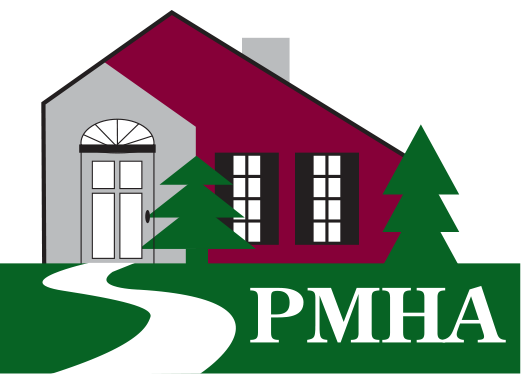PA Manufactured Housing Association
Manufactured Housing Authority
Industry Happenings

Pennsylvania Manufactured Housing Association serving and promoting the Factory-Built Housing Industry.
PO Box 248
315 Limekiln Road
New Cumberland, PA 17070
Phone: (717) 774-3440
Fax: (717) 774-5596
Connect with Us
Mon-Fri: 8:00 AM - 4:30 PM
The education we have received through PMHA has made us a better community manager.
Glenn L.
2018-01-26T09:55:29-05:00
Glenn L.
https://pmha.org/testimonials/glenn-l
This business has been around for three generations for a reason!! They are great, honest, hardworking people. Some of the nicest people I have ever met!
Chip S., customer of Becker Homes
2018-01-26T09:55:50-05:00
Chip S., customer of Becker Homes
https://pmha.org/testimonials/chip-s
It is a nice safe community to live and the residents are very nice and friendly. A great place to live or retire to if you are looking to the convenience of mobile homes.
Richard H., resident of Lincoln Estates
2018-01-26T09:56:15-05:00
Richard H., resident of Lincoln Estates
https://pmha.org/testimonials/richard-h
As an MHC owner/operator in Pennsylvania, I am so grateful for the PMHA. The organization as a whole keeps me up to date with the industry and relevant legislations not just on a state level but on a national level, as well.
Jared S.
2018-01-26T09:56:34-05:00
Jared S.
https://pmha.org/testimonials/jared-s
Manorwood Homes of PA cannot be matched when it comes to Quality and Compassion. Having explored their "Massively Impressive" facilities, as well as having met with their tightly knit, very kind, clean cut and quick-witted office staff and Management
Nicholas B., customer of Manorwood Homes
2018-01-26T09:57:06-05:00
Nicholas B., customer of Manorwood Homes
https://pmha.org/testimonials/nicholas-b
Absolutely beautiful homes on the lot and they have an amazing staff.
Elizabeth G., customer of Palmer Manufactured Homes
2018-01-26T09:57:26-05:00
Elizabeth G., customer of Palmer Manufactured Homes
https://pmha.org/testimonials/elizabeth-g
Just moved in on August 3rd but I love it. To be in a place where kids feel safe enough to ride their bikes and play in the street is great.
Kathleen S., Hereford Estates
2018-01-26T09:57:46-05:00
Kathleen S., Hereford Estates
https://pmha.org/testimonials/kathleen-s

